
Current Issue
Agriculture and the Rural Environment
Winter 2024 | Volume XXIII, Number 2
Cover image by Leslie Searles
Table of Contents
Editor’s Letter →
by June Carolyn Erlick
Facing the Challenges of Globalization
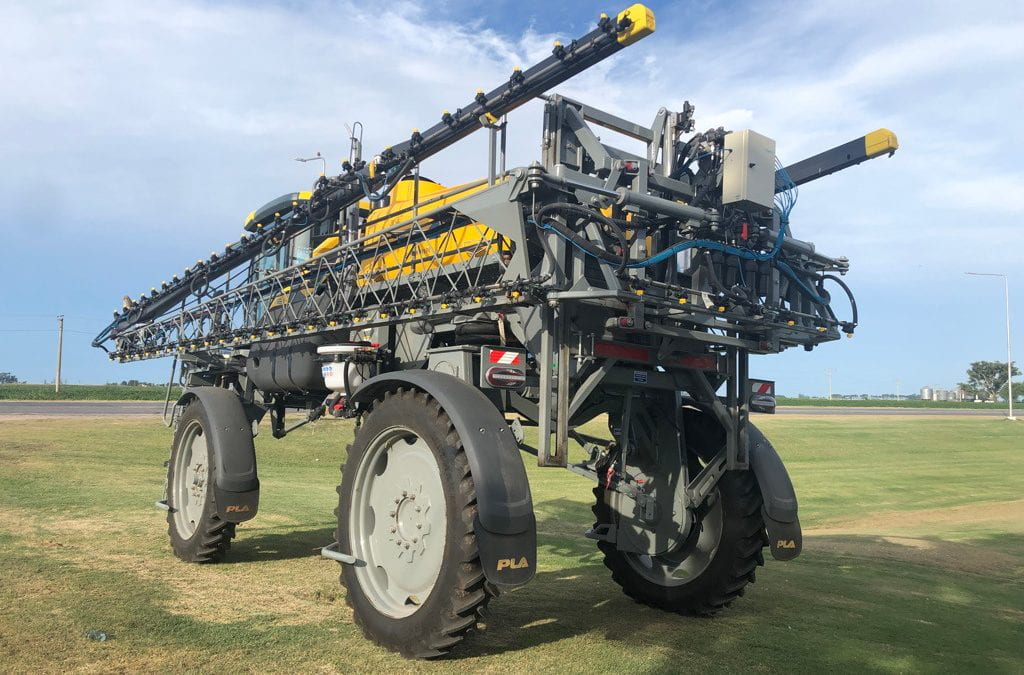
Agro-technological Revolutions in Latin America
When we speak about a revolution in agriculture in Latin American history, most scholars rightly think of peasant revolts, land tenure struggles or commodification of crops, to name a few of the most salient themes.
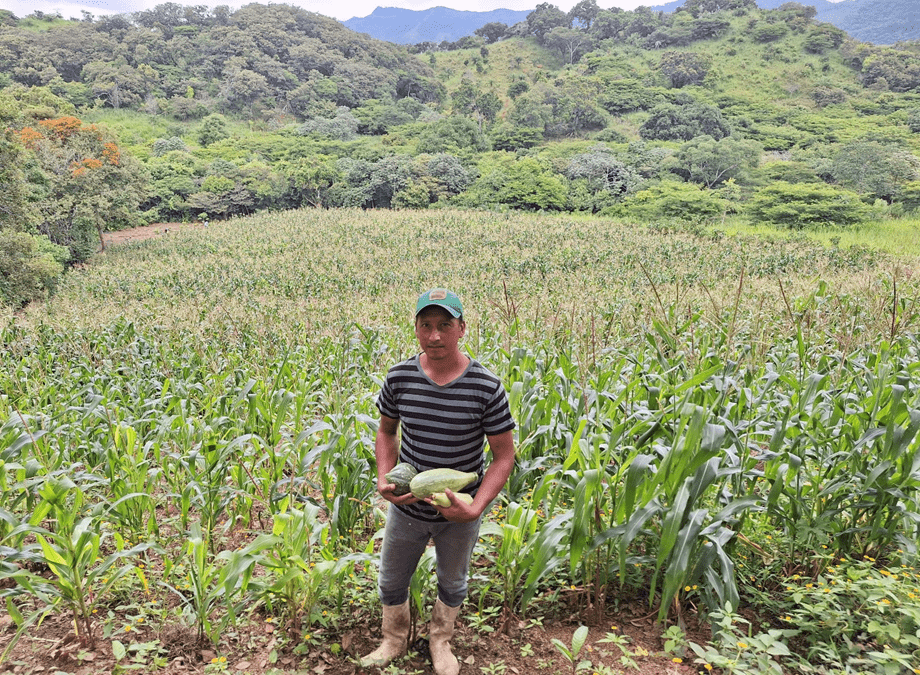
Territories and Agroecologies: Diversity in a Time of Transition
As professors who are passionate about the field of agroecology, we’ve witnessed in the last three decades a new emphasis in agricultural studies on the intrinsic link with nature. The approach in farming that emphasized production of one-crop yields without taking other factors into account led to a devaluation of the impact of agriculture on the degradation of freshwater, soil and the health of producers and workers.
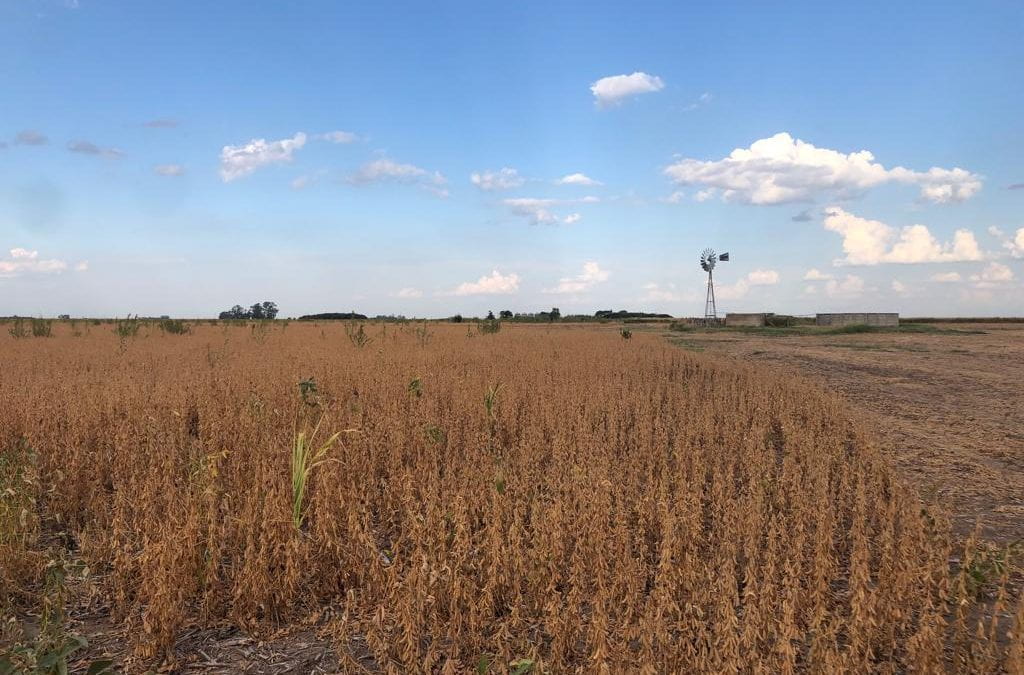
The Impact of Soybeans in Argentina and Beyond: A Double-Edged Sword?
[English + Español]
What have been the impacts of the sweeping expansion of soybean production in South America, particularly in Argentina?

Rural Agriculture and the Cities
What do recipes have to do with the transformation of rural agriculture?
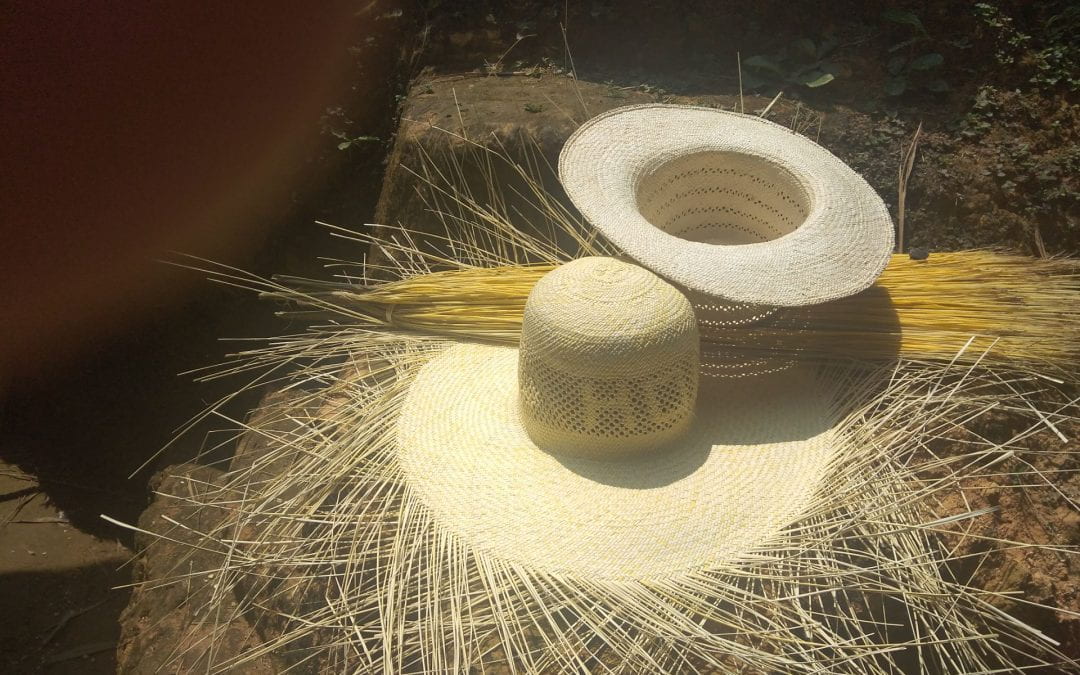
Generational Change, Climate Change: Challenges to Agriculture in Santa Barbara, Honduras
My colleague Rubén and I had the opportunity to learn about some very old agricultural production systems in La Cuesta, a rural community about four miles southeast of the city of Santa Bárbara in western Honduras.

The Exploration of Rare Earth Minerals: Preservation of the Brazilian Amazon Rainforest
Indigenous leader Txai Suruí’s speech during the UN COP Climate Conference (COP 26) in 2021 generated a profound impact and even became a topic for the national education exam (ENEM) in Brazil:
From Açai to Quinoa
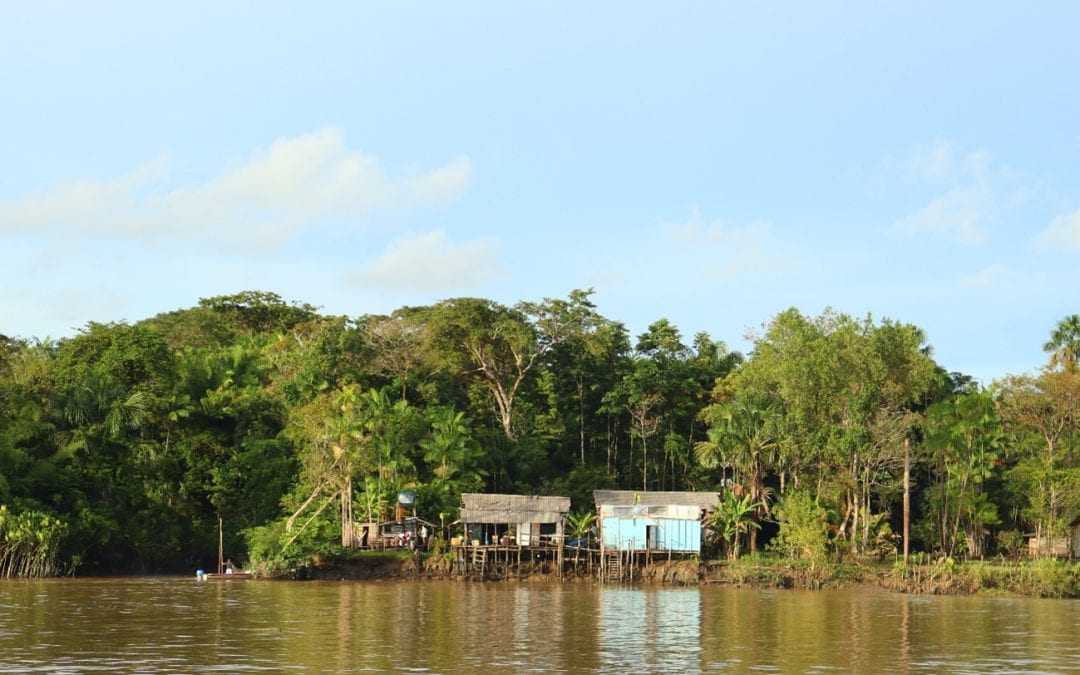
Açaí and Beyond
We are part of an agro-socio-biodiversity that connects human and non-human lives. Natural ecosystems, culture and different ways of being connect and sustain the lives of the Amazonian peoples. We understand that sustainability—reflected in both new and traditional crops— is built on the ancestry that exists in each territory.
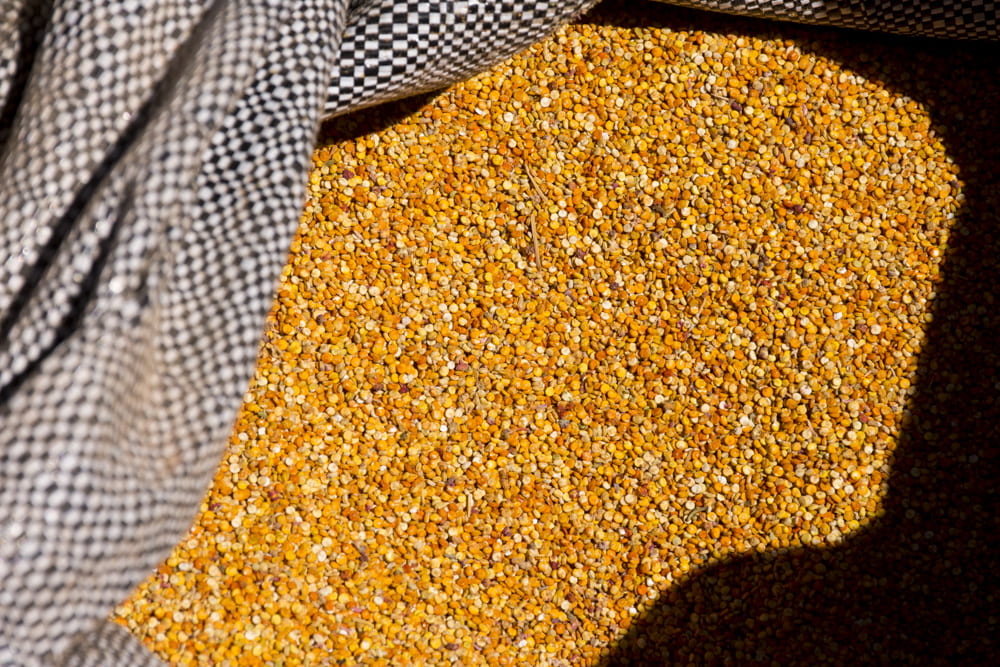
Quinoa: A Super Grain, Not a Silver Bullet
Quinoa, a bit player in the global food scene two decades ago, was scarcely known outside of where it was grown in the Andes.

The Berry Revolution: Non-Traditional Agriculture and Economic Opportunity in Mexico
A revolution has taken place in the produce section of U.S. supermarkets over the past two decades: year-round berries.
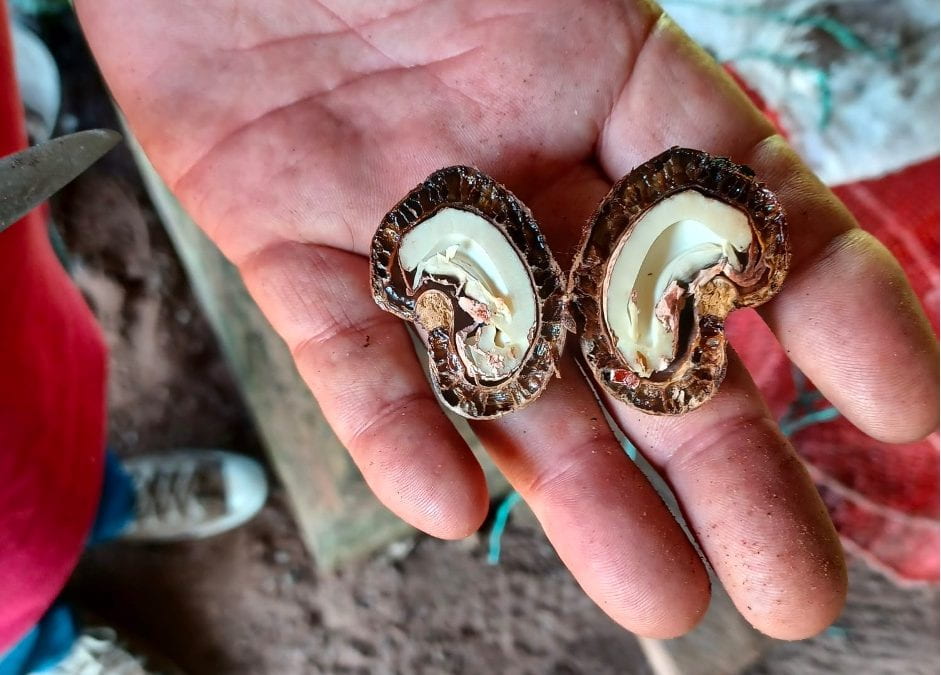
Nuggets of Carbon: Cashew, Chocolate and Carbon Farming in Colombia
I am contemplating a serving of pad thai at a restaurant table, and as I twirl the noodles around my fork for the next mouthful, I rearrange the plate’s ingredients to identify them. I’m at a well-known Thai food chain in Colombia, and my decision to come here today is not an accident.
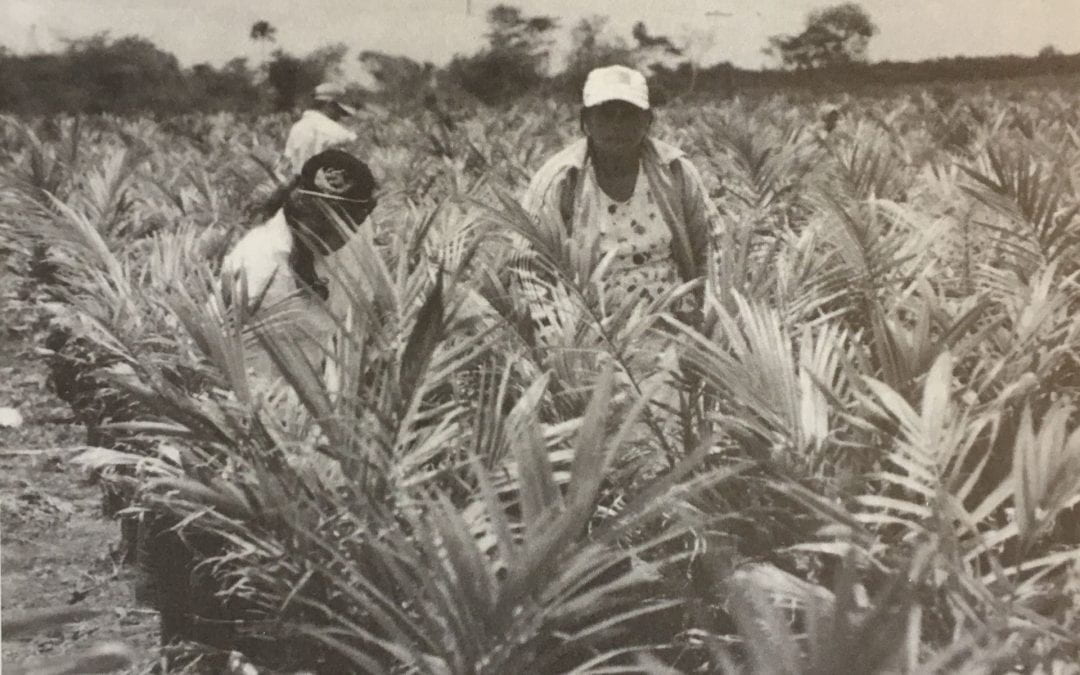
Oil Palm: Civilizational Desire in the Tropical Periphery
Oil palm means culture.
Empowering Small-Scale Farmers

Local “sweetening” of the Cocoa Commodity? Alternative Economies in the Peruvian Amazon
The road was nearly impassable again because of the rain.

Economics and Reconstruction in Colombia
Many rural areas in Colombia face the double challenge of participating in an increasingly dynamic global economy and of recovering from the country’s 60-year civil war.
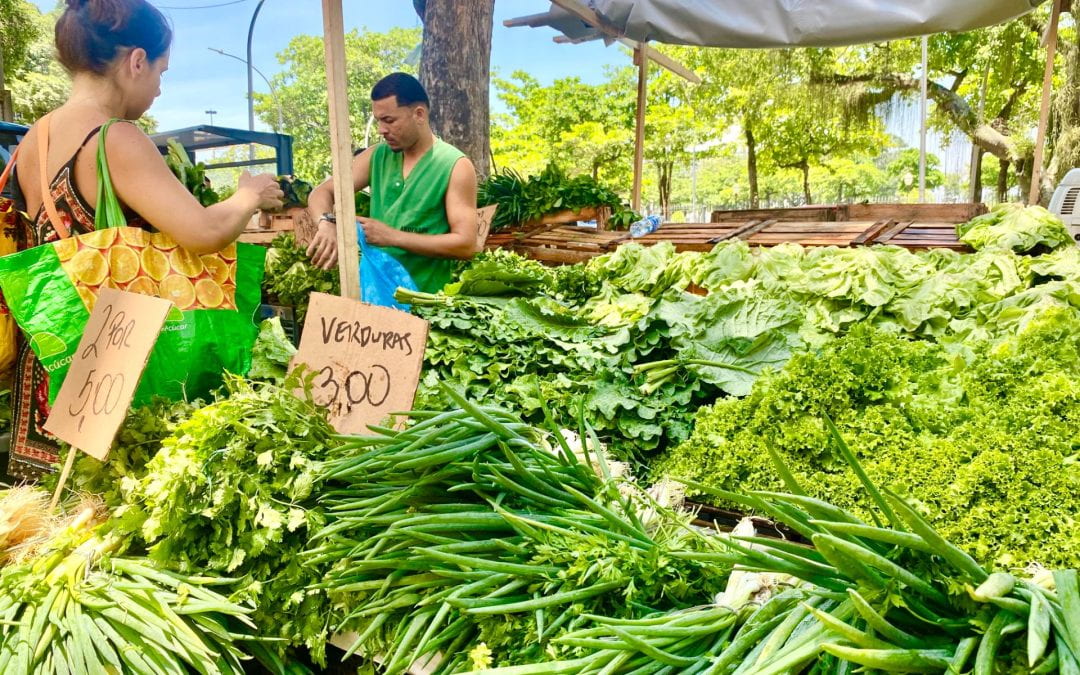
Government Procurement: Empowering Small-Scale Farmers in Brazil
Several years ago, as a university student at a federal public institution in Brazil, I had the privilege of availing myself of meals priced at a highly affordable 1.45 Brazilian reais (U.S. $0.30).
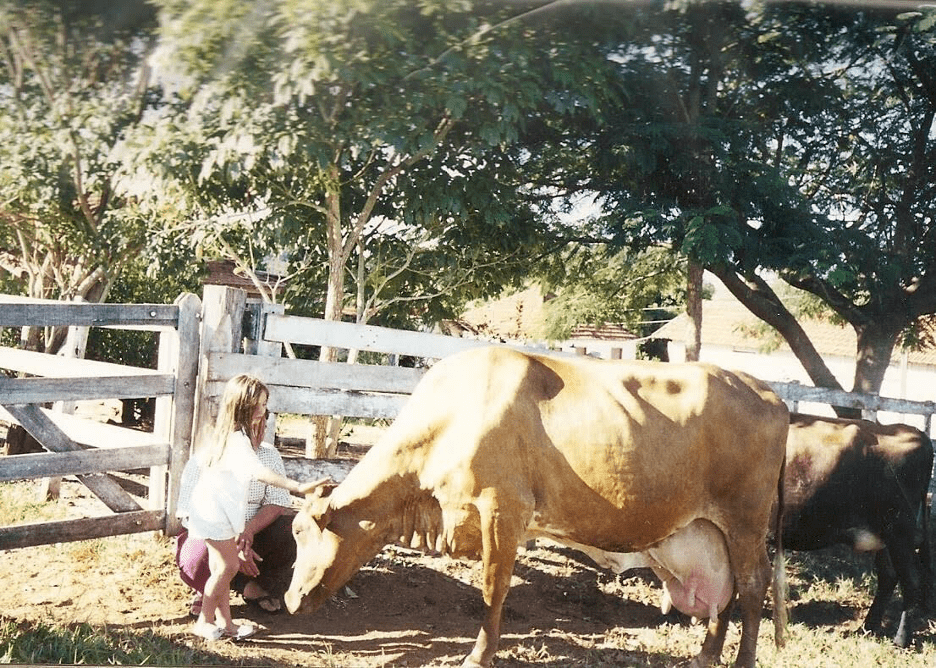
Family Roots in the Brazilian Countryside: A Story of Departures and Returns
Warm tears dropped on my lap as I hopelessly stared at the cows in the pasture. Nobody had told me so, but—as my dad drove us away—I knew that was the last time I would contemplate that landscape.
Water, Wetlands and Climate Change
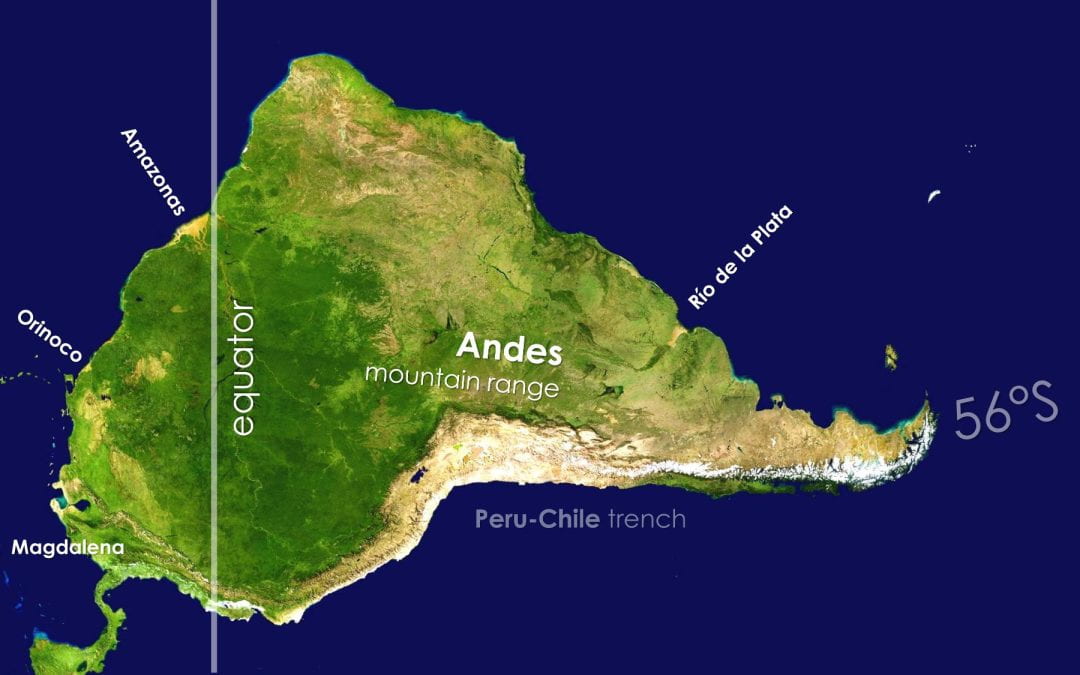
Coastal Wetlands in Latin America: From Stinking Swamps to Treasured Sites
Dark. Utterly dark. The tunnel accessing the former quarry in El Chiflón del Diablo (The Devil’s Blast) branches out into several smaller shafts, where miners used to extract coal.
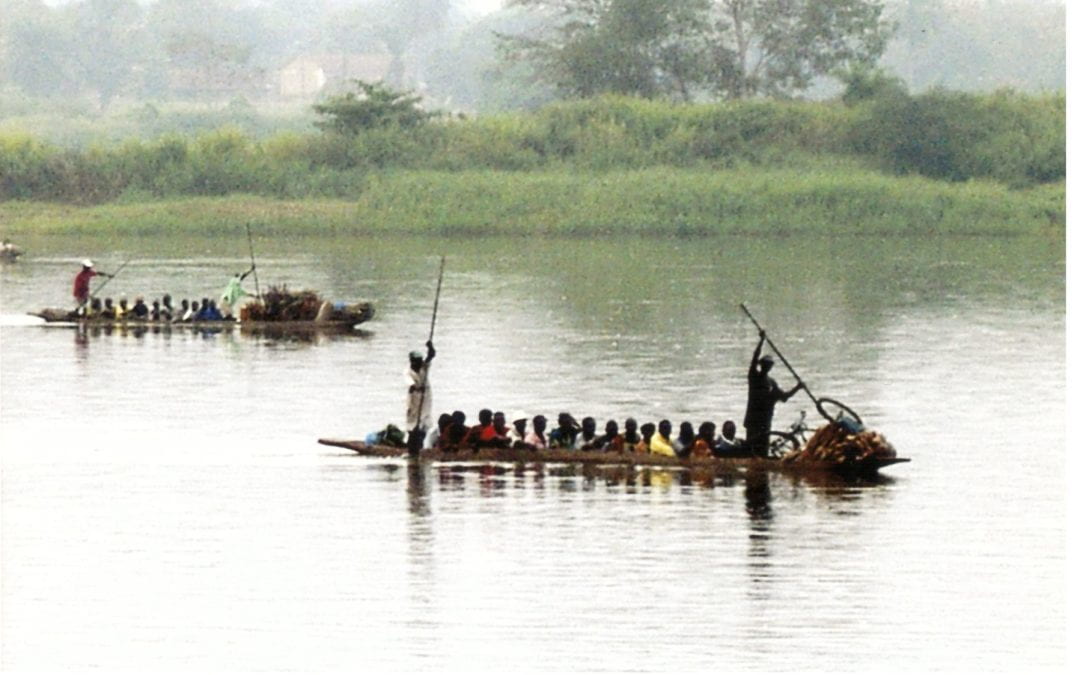
From the Congo River to the Inca Trail: Improved Weather Predictions for Agriculture
A river of clouds blanketing the pass as each footstep feels heavier than the last. I was hiking along the Dead Woman’s Pass on the Inca trail in Peru in November 2018.
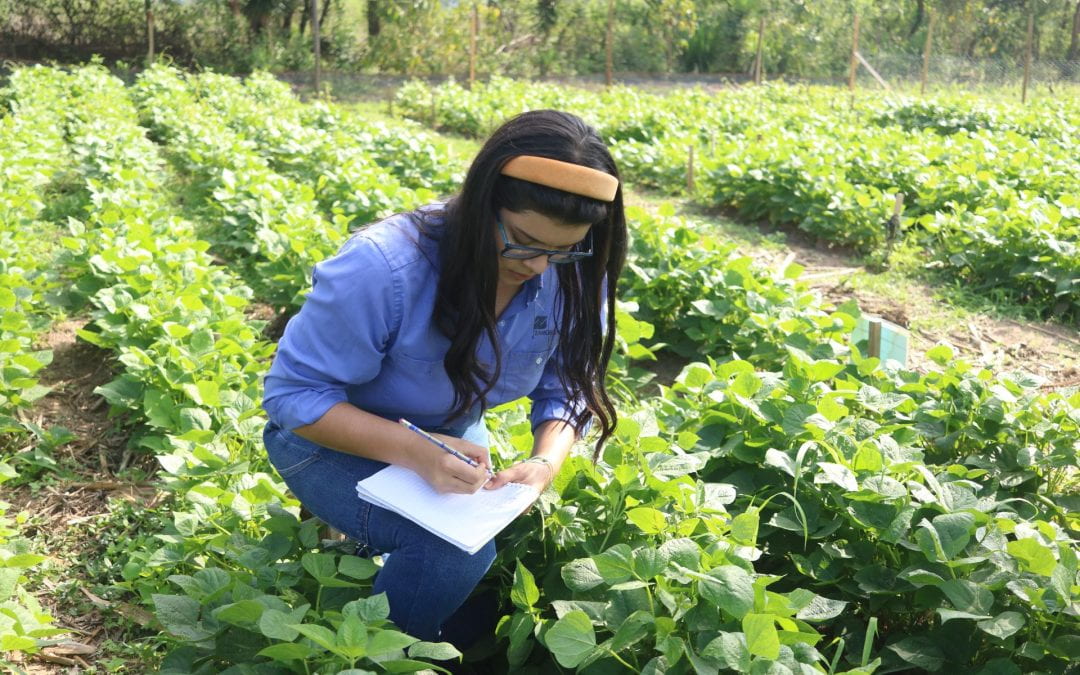
Santa Inés Micro watershed: Social Impact and Learning Opportunities
In the hillsides of central Honduras lies Santa Inés micro watershed, a region rich in natural resources but, as in many areas in Central America, facing poverty and pressing social and environmental challenges.
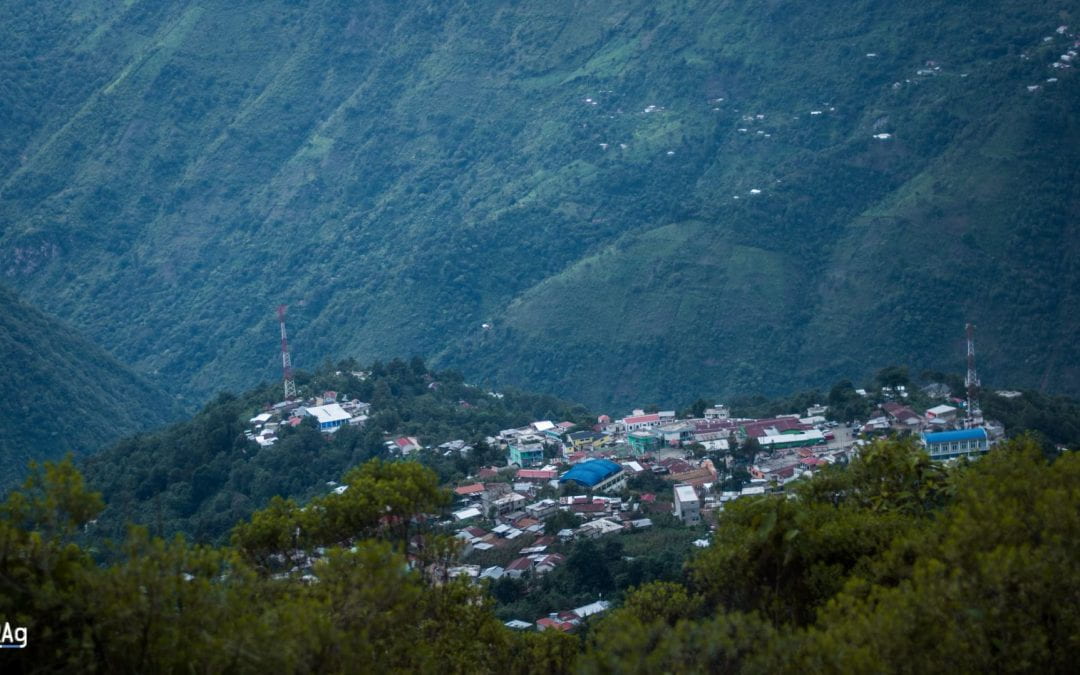
The Chiapaneco: Mayan Oral History of a Climate Disaster
On the steep, westernmost slopes of the Chuchumatanes mountains in Guatemala, a string of villages nestled between forests and cornfields make up the Mam Mayan town of San Juan Atitán.
Pesticides and Other Pollutants
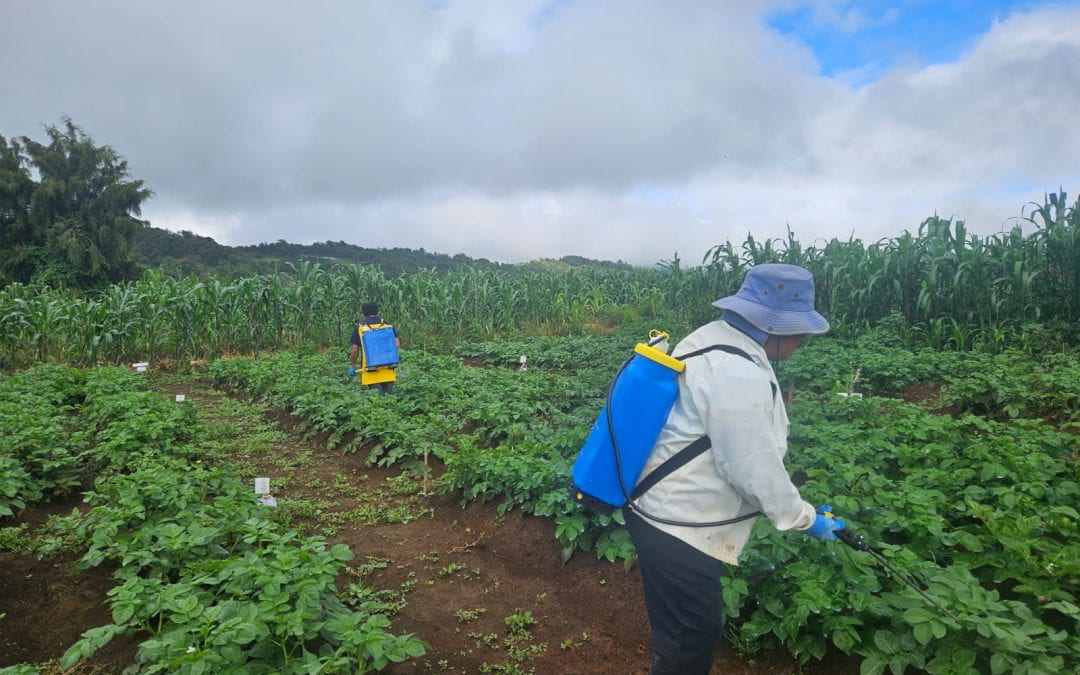
Pesticide Use among Potato Smallholders in Honduras
Can a simple agronomic device save Honduras’ potato crops? We certainly hope so and are involved in designing and promoting a tool that regulates pesticide use. You might not think of Honduras in terms of potatoes, but they are a mainstay of local agriculture.

Slow-Release Arsenic
Arsenic is a geological and historical fact in Mexico and much of the Americas. As early as 1896, cotton planters used arsenic to kill cotton pests in Costa Chica, Guerrero in Mexico, (La Tierra, 1896).
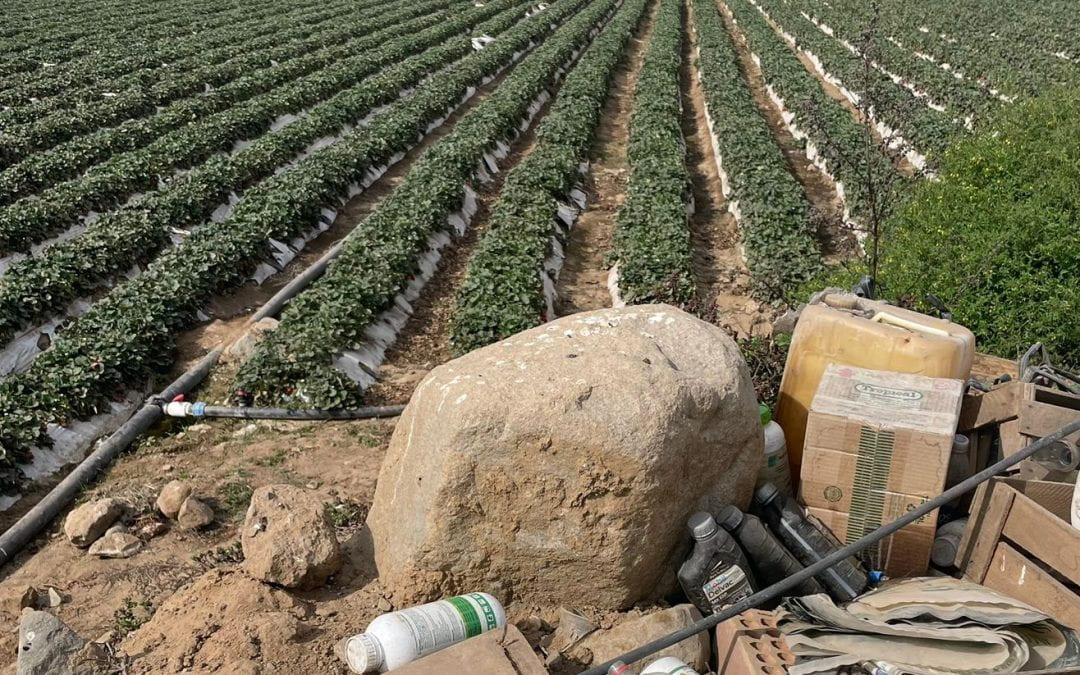
Container Pollution: Pesticides in the Chillón River Valley and Its Challenges
We arrive at the Chillón River Valley to the wide agricultural fields of strawberries, lettuce and broccoli.
Book Reviews
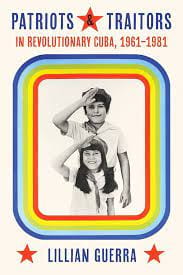
A Review of Patriots and Traitors in Revolutionary Cuba, 1961-1981
I remember when I first heard Lillian Guerra speak: over fifteen years ago, at Brown University, about her third book, Visions of Power in Cuba: Revolution, Redemption and Resistance (1959-1971).
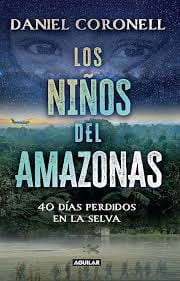
A Review of Los Niños del Amazonas: 40 Días Perdidos en la Selva
Los niños del Amazonas. 40 días perdidos en la selva is the first true book by Colombian journalist Daniel Coronell, whose long and impressive career speaks for itself: news director of manifold networks; recipient of prestigious recognitions such as Emmys, Peabodys and Simón Bolívar prizes; and arguably the most widely read columnist in Colombia, where he is as much admired as he is feared.

A Review of Channeling Knowledges: Water and Afro-Diasporic Spirits in Latinx and Caribbean Worlds
Water is a powerful tenet of Afro-diasporic religions that troubles academic disciplines and racial categories that define state, military and geographic borders.
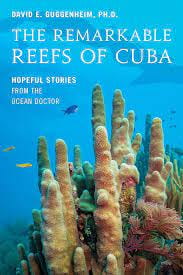
A Review of The Remarkable Reefs of Cuba: Hopeful Stories From the Ocean Doctor
It feels as though work takes up more and more of our lives, expanding into time it never used to touch.

A Review of Now We Are in Power: The Politics of a Passive Revolution in Twenty-First Century Bolivia
In Now We Are in Power, Angus McNelly provides an incisive examination of Bolivia’s complex political trajectory under Evo Morales, analyzing it through the lens of Antonio Gramsci’s seminal concept of “passive revolution.”

A Review of Roots of Resistance: A Story of Gender, Race, and Labor on the North Coast of Honduras
Once home to sprawling banana plantations under the control of U.S. multinationals, the history of the northern coast of Honduras is crucially bound with capitalist exploitation and extraction.

A Review of Autocracy Rising: How Venezuela Transitioned to Authoritarianism
Few people have written more lucidly about Venezuela’s democratic decline and autocratization over the past 20 years, especially for an English-language audience, as political scientist Javier Corrales.

A Review of Stranger in the Desert: A Family Story
Young adults traveling to find themselves is a tale as old as time. It’s not hard to conjure images of historical figures or folk heroes sailing out for adventure, looking for fame, fortune or—perhaps more important—meaning.

A Review of Reckoning with Harm: The Toxic Relation of Oil in Amazonia
Amelia Fiske’s ethnography, Reckoning with Harm: The Toxic Relation of Oil in Amazonia, widens and deepens details of Ecuador’s highly controversial, post-1960s, Amazon oil development.
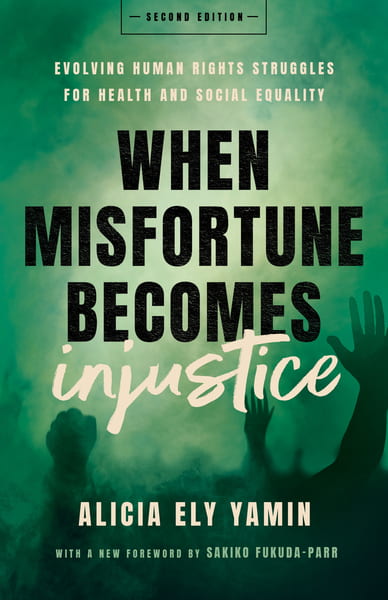
A Review of When Misfortune Becomes Injustice
Taking care of patients in rural Haiti or in southwest Uganda, say, who are sick from diseases long since vanquished from the United States, in communities that did not get much access to Covid-19 vaccines when they were most critical, a healthcare practitioner might easily fall into despair.

A Review of Cuba: An American History
Havana, founded on Cuba’s southern coast of Cuba, was moved to the northern coast when the conquistadores learned how to take advantage of the Gulf Stream’s force on their way back to Europe.
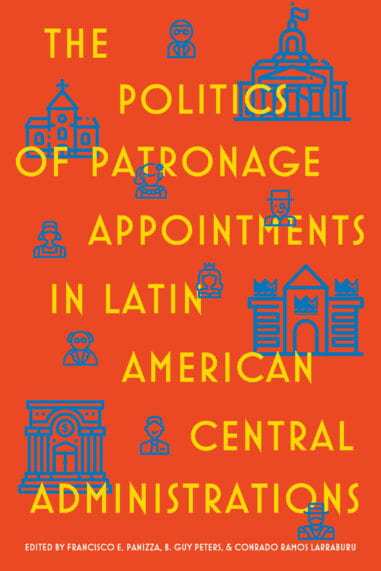
A Review of The Politics of Patronage Appointments in Latin American Central Administrations
We are often told that good government requires a well-functioning government bureaucracy, in which public employees are appointed and promoted based on objective assessments of their merit and expertise.
